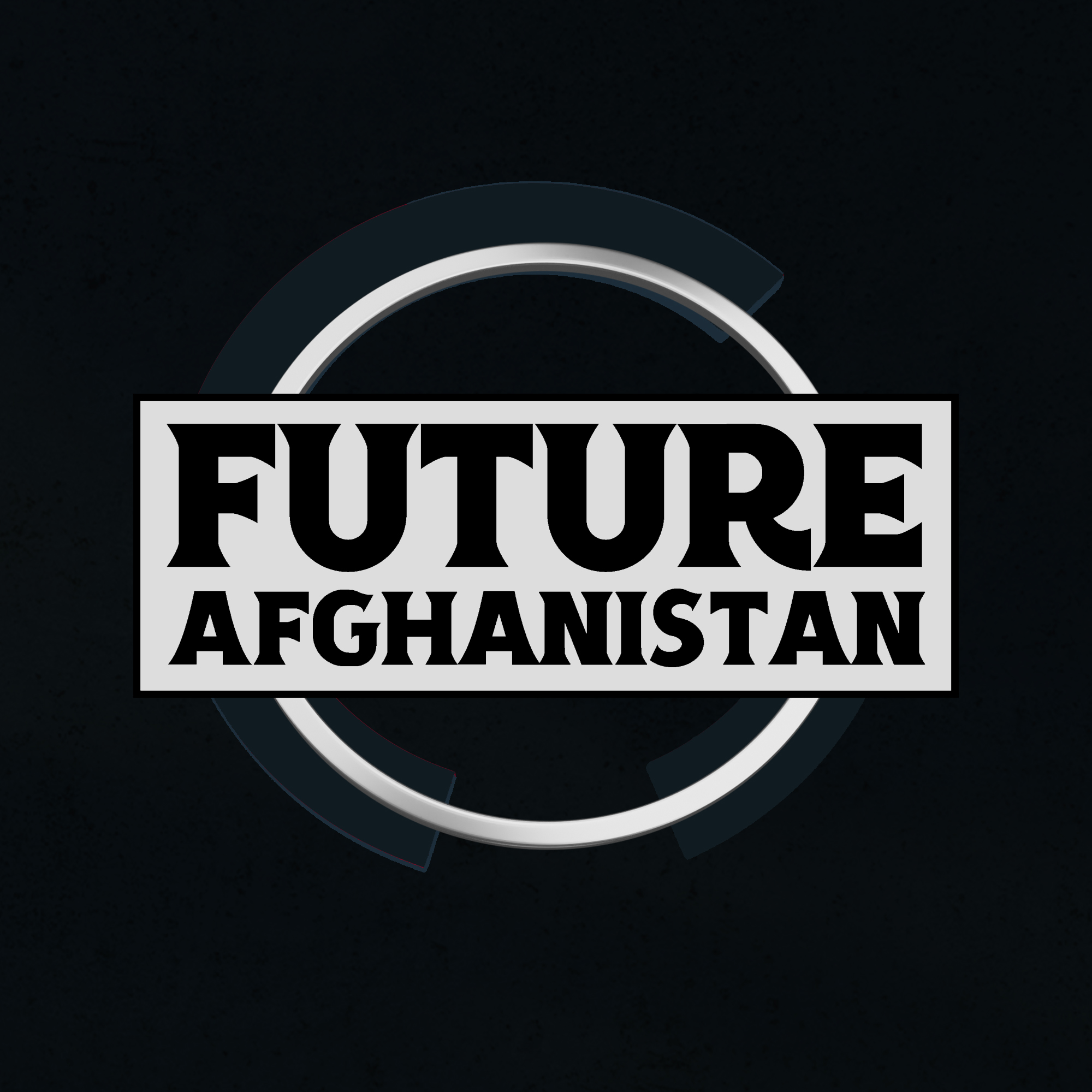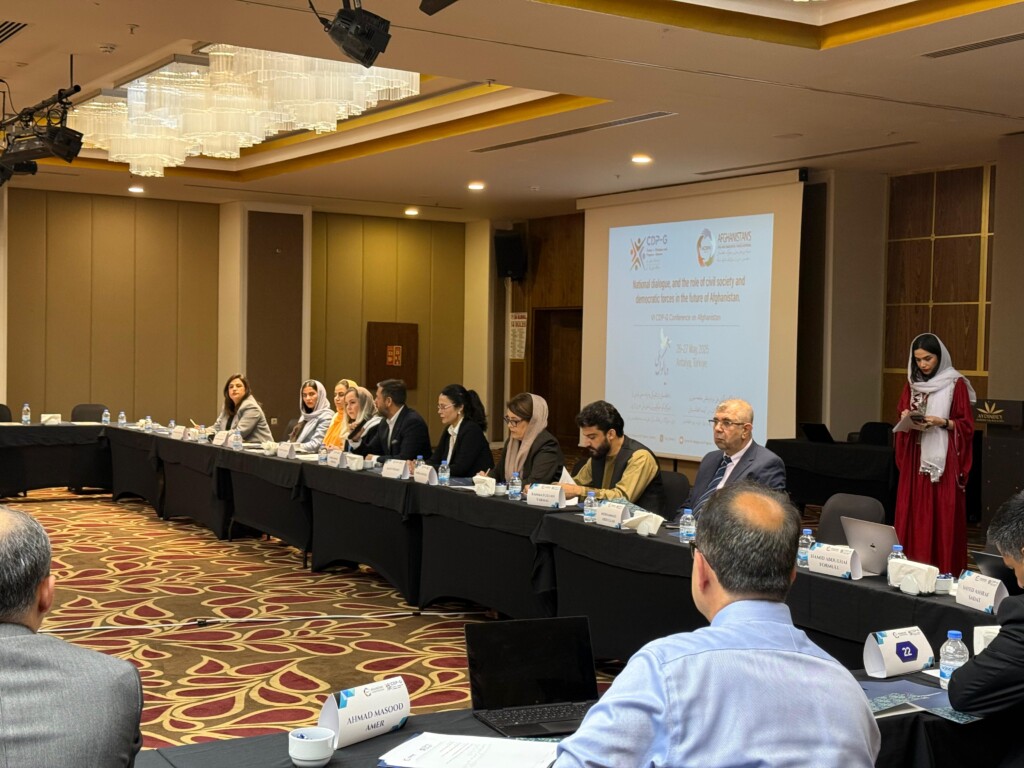Afghans participating in the fourth round of the Antalya Process have criticised the United Nations for failing to consult civil society in the development of its “Mosaic” initiative.
Nasir Ahmad Andisha, Afghanistan’s ambassador to Geneva, voiced strong objections to the plan during the meeting, stating that the UN’s approach marginalises non-Taliban actors and undermines the role of women, civil society organisations, and opponents of the Taliban regime.
According to Andisha, the Mosaic initiative refers to the Taliban as the primary stakeholders in Afghanistan’s future, while reducing other groups to the vague label of “other Afghan stakeholders.” He argued that this category, in reality, encompasses the Afghan people, women’s rights defenders, human rights organisations, and civil society leaders, many of whom remain in exile or under threat.
Andisha further noted that a similar pattern of exclusion is visible at the regional level, where dialogue is taking place through opaque and unaccountable “intelligence channels,” leaving non-Taliban voices out of key discussions.
“The UN has not meaningfully shared the Mosaic plan with Afghan civil actors or activists,” Andisha said. “Some UN representatives believe that many of Afghanistan’s exiled figures are not important enough to be involved in discussions about the country’s future.”
He accused the UN of lacking the political will to engage a broad spectrum of Afghan stakeholders, saying the organisation “is not interested” in inclusive dialogue.
In a broader critique, Andisha also acknowledged internal weaknesses among anti-Taliban opposition forces, stating they have yet to develop a unified and coherent strategy. Without naming Taliban leader Hibatullah Akhundzada, he remarked, “Only one man has a plan, and he is implementing it,” warning that this plan is dragging Afghanistan further backward.
The fourth round of the Antalya Process commenced on Monday in Türkiye, bringing together Afghan and international participants to discuss prospects for launching a genuine, inclusive national dialogue aimed at resolving the ongoing crisis in Afghanistan.




